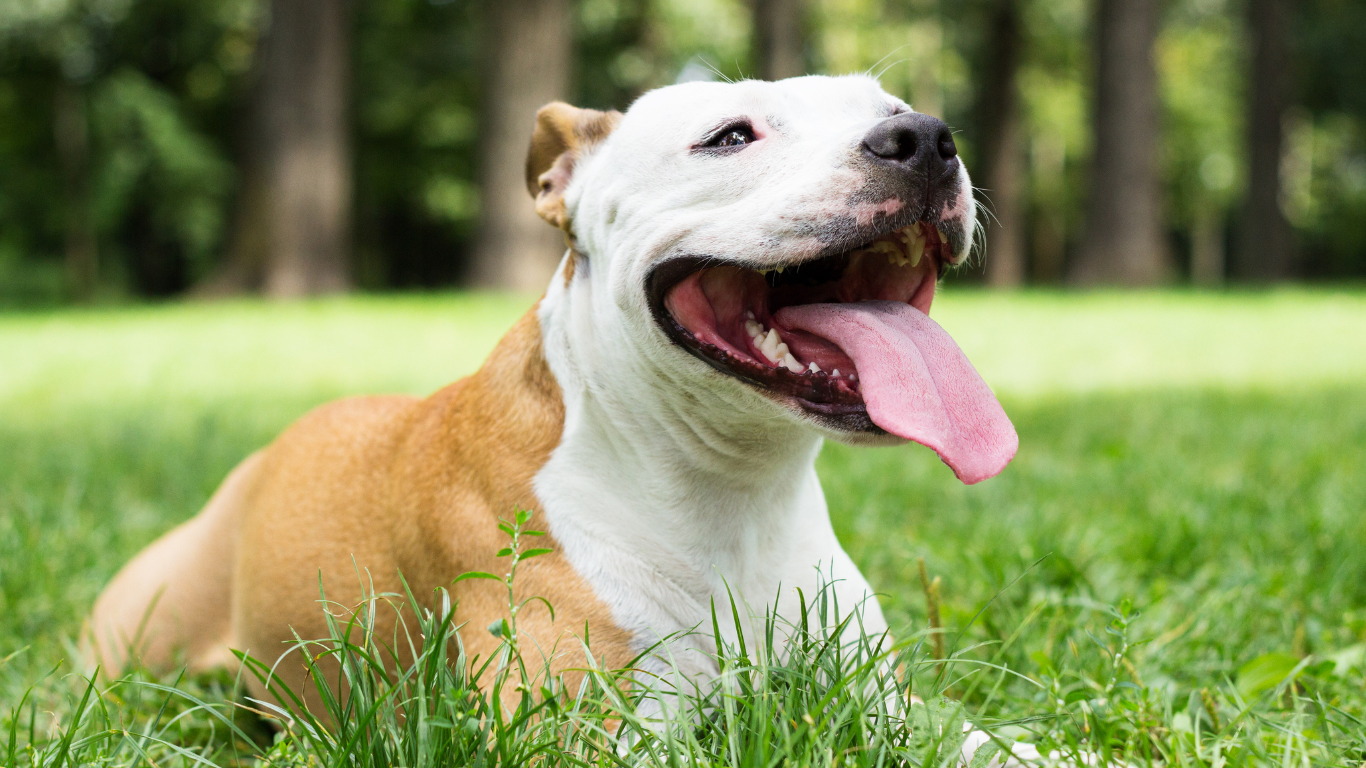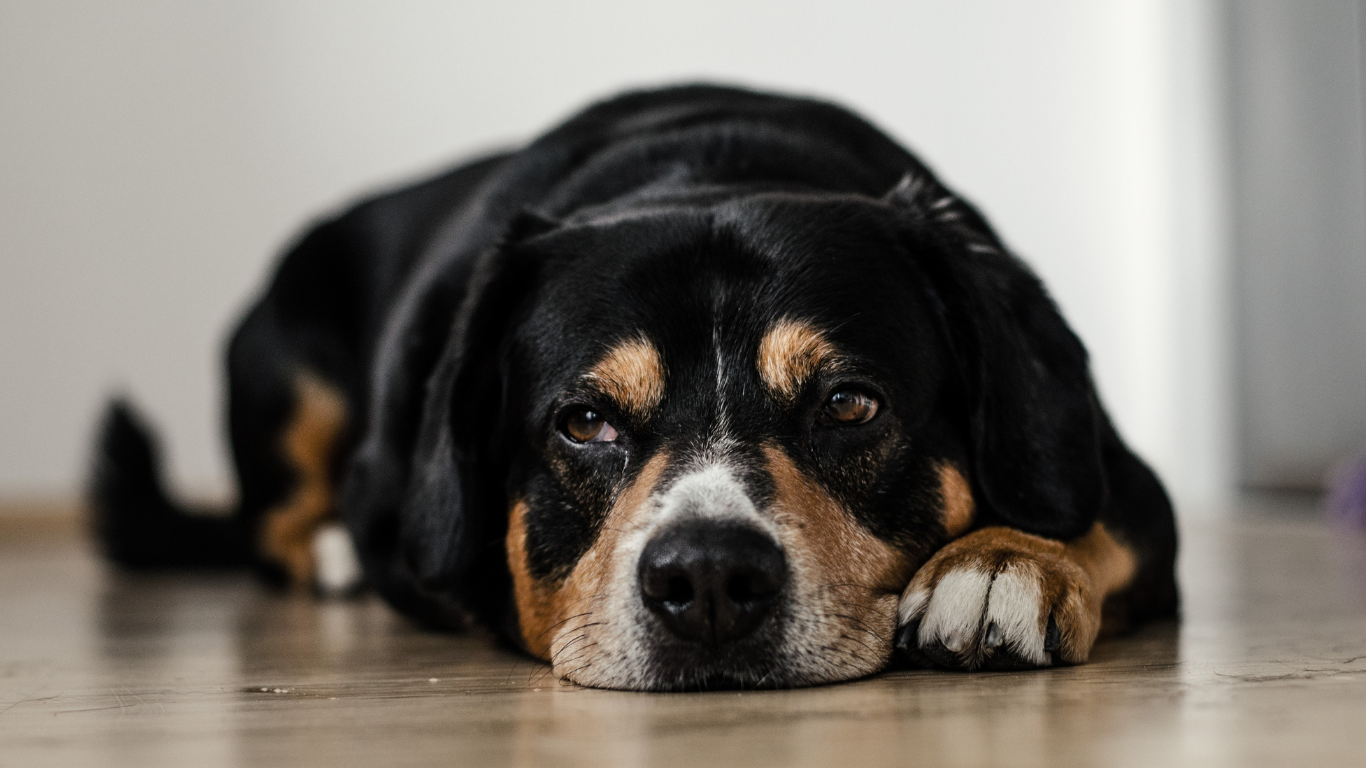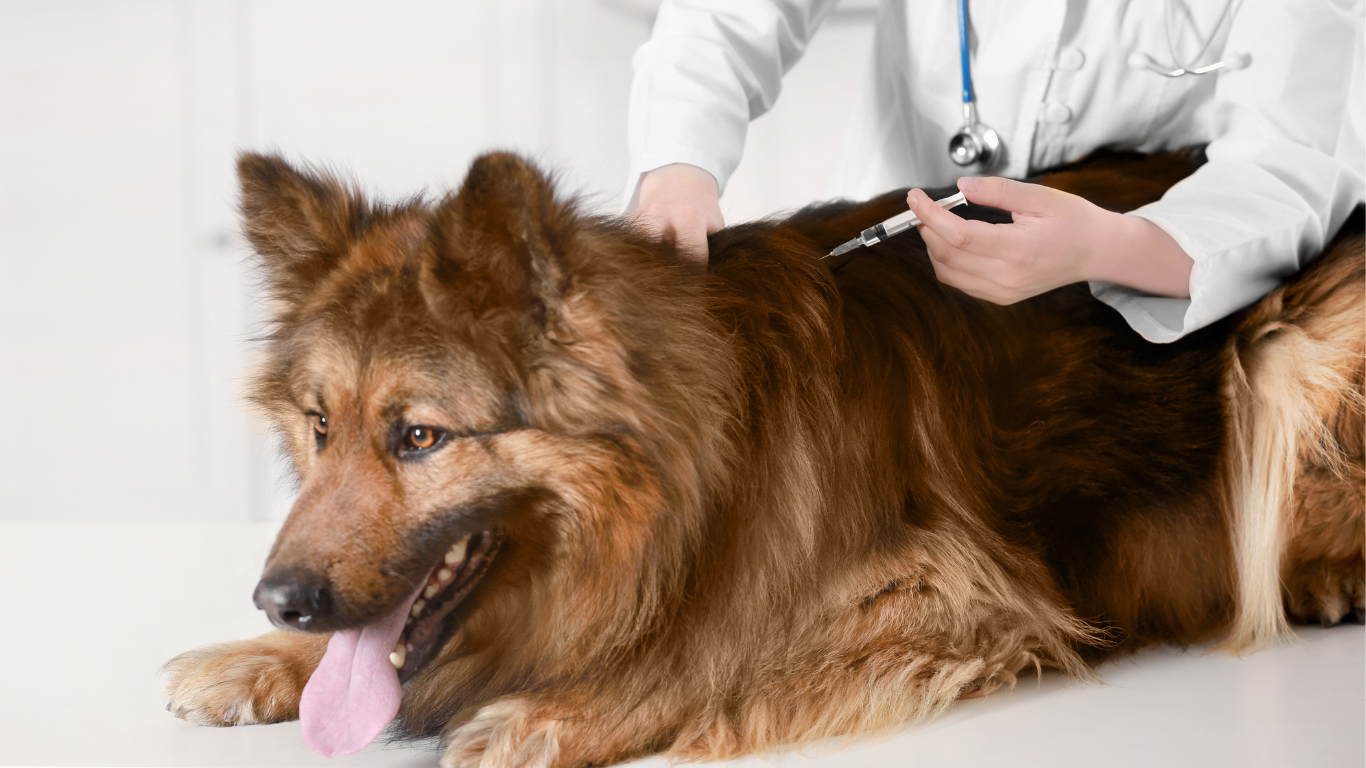Veterinarian Dr. Karin Schlotterbeck explains:

Kennel cough, also known as Kennel Cough, affects dogs of all ages and is characterized by infectious tracheobronchitis, i.e. an infection of the “upper respiratory tract”. More serious pneumonia (lower respiratory tract) only rarely occurs.
What causes my dog to get kennel cough?
As the name suggests, it occurs wherever many dogs come together (kennels, dog parks, dog schools) and is very contagious. The pathogens are mostly viruses (parainfluenca, herpes), but also bacteria, especially Bordetella bronchiseptica.How does kennel cough progress?
After an incubation period of 3-10 days, the dogs usually show a typical “choking cough”. It sounds like they have a bone in their throat. Sometimes they spit out white mucus after such a coughing fit. However, it usually sounds worse than it actually is.
How do you treat kennel cough in dogs?
Therapy primarily consists of relieving the cough with antispasmodic and expectorant tablets or juices. There are very good herbal preparations that support the immune system in strengthening and defending against viruses.
Furthermore, the dog should be separated and protected and, if possible, not have any contact with its companions for around 1 week.
An antibiotic should only be used if there is strong bacterial involvement and a significant reduction in general well-being with purulent nasal discharge and conjunctivitis.
Is my dog immune after being infected with kennel cough?
Unfortunately, if your dog has survived the infection, he can still get kennel cough again after a certain period of time. Even a vaccination does not completely protect against illness, but it can alleviate the symptoms.
Similar to humans, a good immune system can prevent illnesses to some extent. Essential fatty acids in dog food support your pet's immune system - you can read more about this in our magazine post Essential fatty acids for dog and cat food .










